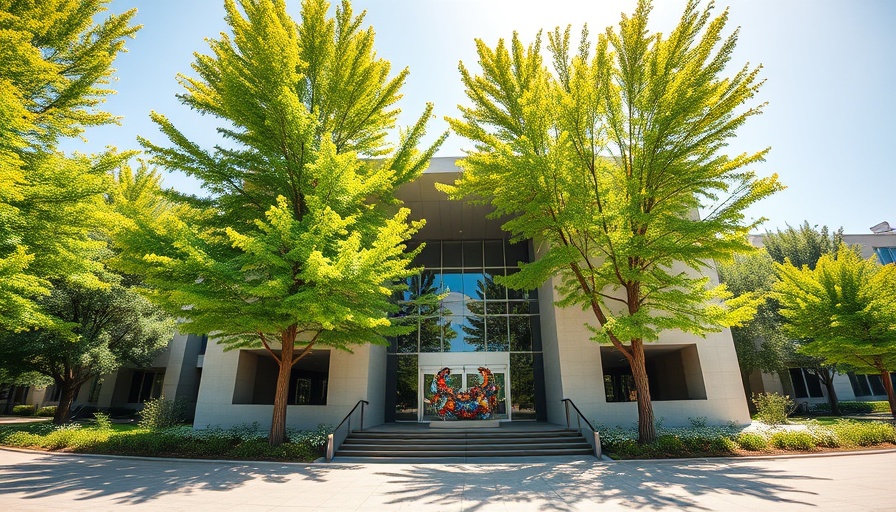
Revolutionizing Permitting: Lancaster's Bold Move with AI
The city of Lancaster, California, is setting a precedent by becoming the first municipal partner with Labrynth, a cutting-edge artificial intelligence (AI) permitting platform. This partnership is poised not only to streamline the permitting process but also to potentially reshape how public-private collaborations can enhance operational efficiency in urban development. According to a news release dated September 3, the agreement aims to expedite approvals significantly and tackle bottlenecks that have long plagued permitting processes.
The Mechanics of AI-Driven Permitting
At the heart of Labrynth’s technology is an AI system designed to auto-generate permits and applications, assist in tracking compliance requirements, and pre-fill complex forms. This automation brings much-needed relief to contractors and municipal clerical systems, which often face delays due to manual reviews and approval processes. With AI deployment, Lancaster will initiate with an emphasis on optimizing permitting through agentic workflows that pre-screen applications for completeness, guide applicants on best practices, and dynamically adjust to the process requirements.
Case Studies: Cities Embracing AI in Permitting
Lancaster isn't alone in its transformative journey towards AI integration in public services. Cities like Los Angeles and Austin have also adopted AI technologies from Australia-based Archistar to enhance their own permit review processes. These implementations demonstrate a growing trend among municipalities to leverage tech-savvy solutions for swift decision-making and improved public service delivery.
Financial Implications: Cost Efficiency Through Innovation
From a financial perspective, the integration of AI in the permitting process holds significant implications for cost management and resource allocation. For instance, the reduction in time taken to process applications can lead to substantial savings in labor costs for municipalities and contractors alike. A faster approval cycle not only reduces waiting periods but also allows businesses to move forward with projects sooner, enhancing the return on investment (ROI).
Future Predictions: AI's Role in Urban Development.
Looking ahead, the potential for AI in urban development extends beyond permitting. As technology continues to evolve, there will be increasing opportunities to incorporate AI in project management, risk assessment, and even in monitoring compliance during construction activities. Public-private partnerships like that of Lancaster and Labrynth may inspire further collaborations that can address other challenges in municipal operations.
Conclusion: The Path Forward in Smart Urban Management
Lancaster's initiative to adopt AI for its permitting processes is not just a technical upgrade; it represents a meaningful shift towards smarter, more efficient urban management. For business owners, property developers, and construction managers, staying informed about these changes will be crucial for leveraging the benefits that come with streamlined processes. As municipalities evolve, understanding how to adapt and engage with these technologies will be key in navigating the future of construction and community development.
To learn more about how AI technologies are reshaping industry practices and what that means for you, consider engaging with local development forums or tech summits focused on construction innovations.
 Add Row
Add Row  Add
Add 




Write A Comment